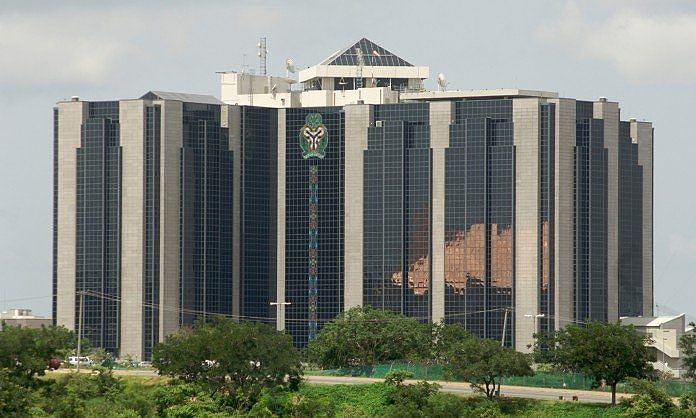The Socio-Economic Rights and Accountability Project, BudgIT, and 136 concerned Nigerians have jointly filed a lawsuit against the CBN due to its failure to withdraw the cybersecurity levy.
The plaintiffs filed a suit at the Federal High Court, Lagos State, questioning the legality of the CBN circular directing financial institutions to deduct a cybersecurity levy from customers' accounts.
According to SERAP's Deputy Director, Kolawole Oluwadare, the details were made available to PUNCH Online on Sunday.
Last Monday, the apex bank issued a circular. ordered This circular directed all banks operating in the country to implement a cybersecurity levy on transactions.
The CBN stated that the levy, equivalent to 0.5 per cent of all electronic transaction values, must be remitted to the National Cybersecurity Fund.
The levy will be applied at the point of electronic transfer origination and reflected in the customer's account with the narration, 'Cybersecurity Levy'.
PUNCH Online previously reported that President Bola Tinubu requested the CBN to suspend the implementation of the controversial cybersecurity levy policy and ordered a review. reported The plaintiffs also raised concerns regarding the breach of certain sections of the Nigerian Constitution by the apex bank's directives.
They requested the court to restrain the CBN from enforcing the circular until the hearing and determination of the motion on notice filed in the lawsuit.
The suit, filed by lawyer Ebun-Olu Adegboruwa, SAN, asserts that the CBN circular violates the provisions of the Nigerian Constitution and the country's international obligations.
They highlighted that millions of Nigerians with active bank accounts would suffer damage from the unlawful deduction of cybersecurity levies.
The provisions of the Cybercrimes Act on payment of cybersecurity levy only apply to businesses listed in the Second Schedule to the Act, and make no reference to bank customers, contrary to the CBN circular.
The statement said that although the CBN's circular is a clear violation of Nigerians' human rights, including the right to property guaranteed in the Nigerian Constitution and the African Charter on Human and Peoples' Rights, the Federal Government has a legal duty to ensure the security and welfare of the people, as provided for in the Nigerian Constitution and human rights treaties to which Nigeria is a party.
As a result, the plaintiffs asked the court to grant the requested reliefs in the public interest and the interest of justice, and to prevent arbitrariness and uphold the rule of law in the country.
The cybersecurity levy, mandated by the central bank, is to be sent to the National Cybersecurity Fund, which will be managed by the Office of the National Security Adviser.
Disagreeing with this, the plaintiffs pointed out that according to Section 162 (1) of the Nigerian Constitution, the revenues collected by the Government of the Federation must be paid into the Federation Account, except for the revenue excepted by the section.
The National Cybersecurity Fund specified by section 44(1) of the Cybercrimes Act 2015 [as amended], where the levy of 0.5% chargeable on all electronic transactions is to be paid, instead of the Federation Account, is considered unconstitutional, null, and void.
As of 30 April 2024, Nigerian commercial banks already impose high fees for electronic transactions, such as electronic transfer charges at N53.75 on any amount over N10,000, a stamp duty of N50 on every transaction, and a monthly account maintenance charge deducted.
A date for the hearing of the case has not been scheduled.



